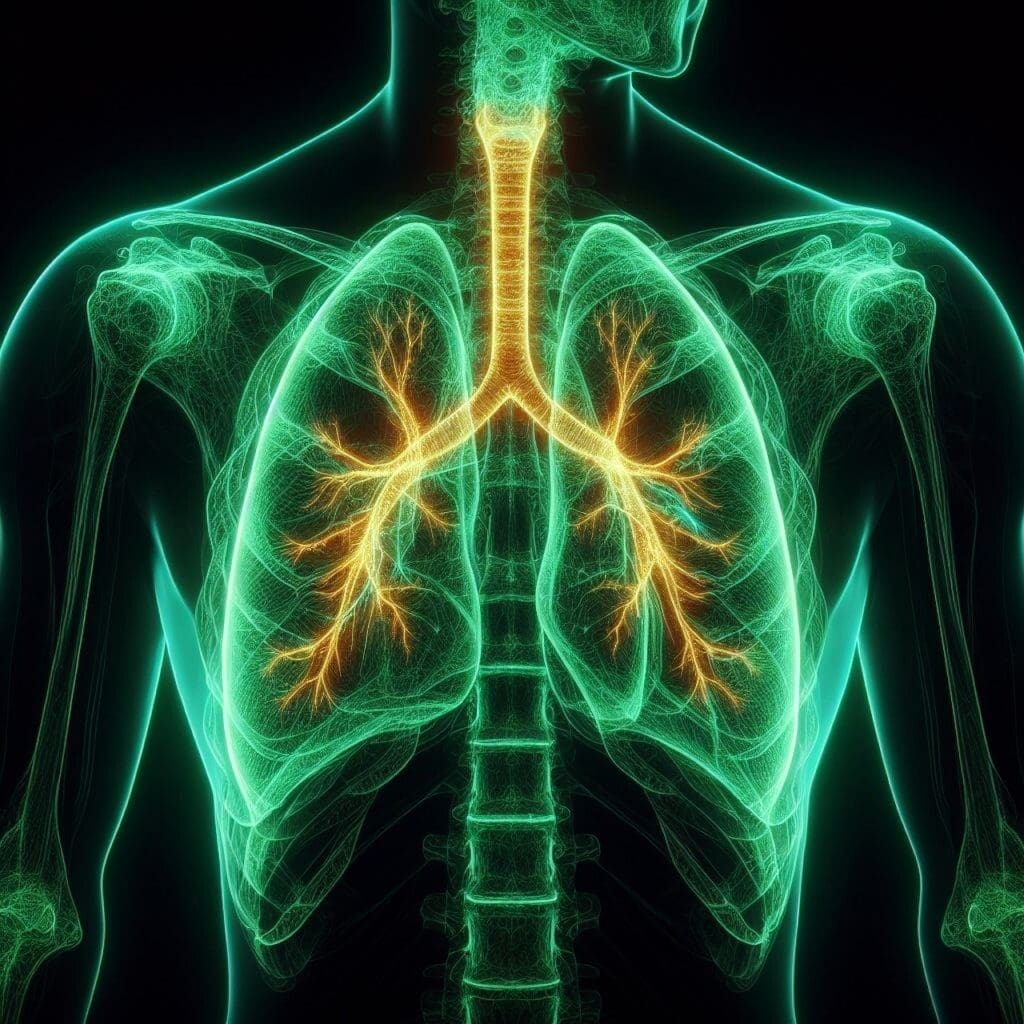New funding guideline “Future eHealth” strengthens digital health research
On 14 August 2025, the Federal Ministry of Research, Technology and Space (BMFTR) published a funding guideline in the Federal Gazette that introduces the funding priority “Future eHealth” to promote junior networks. The aim is to strengthen digital health research in Germany and to attract young scientists to this field.

The Directive aims to make better use of the growing amount of digital data from patient care and biomedical research. Innovative in silico approaches, such as computer-aided modelling and artificial intelligence (AI), are intended to make progress in the prevention, diagnosis and treatment of diseases. The funding supports interdisciplinary collaborative projects at German universities that are led by postdocs from STEM subjects, medicine and related disciplines. These junior consortia consist of three to four working groups at at least two universities and work on joint research agendas.
The focus is on projects to improve data quality, standardization and cross-institutional use of health data, the development of evidence-based decision support systems, personalized treatment approaches, and new methods for modeling complex biomedical systems. Clinical trials or the generation of new data sets are not in the foreground; the use of existing data is promoted. Application-oriented projects must involve practice partners in order to ensure the usability of the results.
The funding is provided as a non-repayable grant for up to three years, with up to 100 percent of project-related expenses and a project lump sum of 20 percent for universities. Eligible for funding are personnel, material and travel resources, open access publications, patents and costs for the involvement of patients and stakeholders. In addition, postdocs with children can apply for up to 9,000 euros for extended childcare.
State or state-recognised universities in Germany that provide the necessary infrastructure for the projects are eligible to apply. The cooperation of the network partners is regulated by cooperation agreements, and compliance with national and international standards for data use is mandatory. Diversity aspects and the involvement of patients must be checked and documented in the application.
The application process is two-stage: project outlines can be submitted to the DLR Project Management Agency until 15 December 2025, followed by formal funding applications for positively assessed outlines. The evaluation is based on criteria such as the level of innovation, scientific quality and the network structure. The guideline is valid until the end of 2033 and complements initiatives such as the Medical Informatics Initiative to establish Germany as a leading location for health research.
Read Also:
BMFTR funds eHealth: Postdoc Starting Grants for innovative health research – MedLabPortal
Editor: X-Press Journalistenb├╝ro GbR
Gender Notice. The personal designations used in this text always refer equally to female, male and diverse persons. Double/triple naming and gendered designations are used for better readability. ected.




